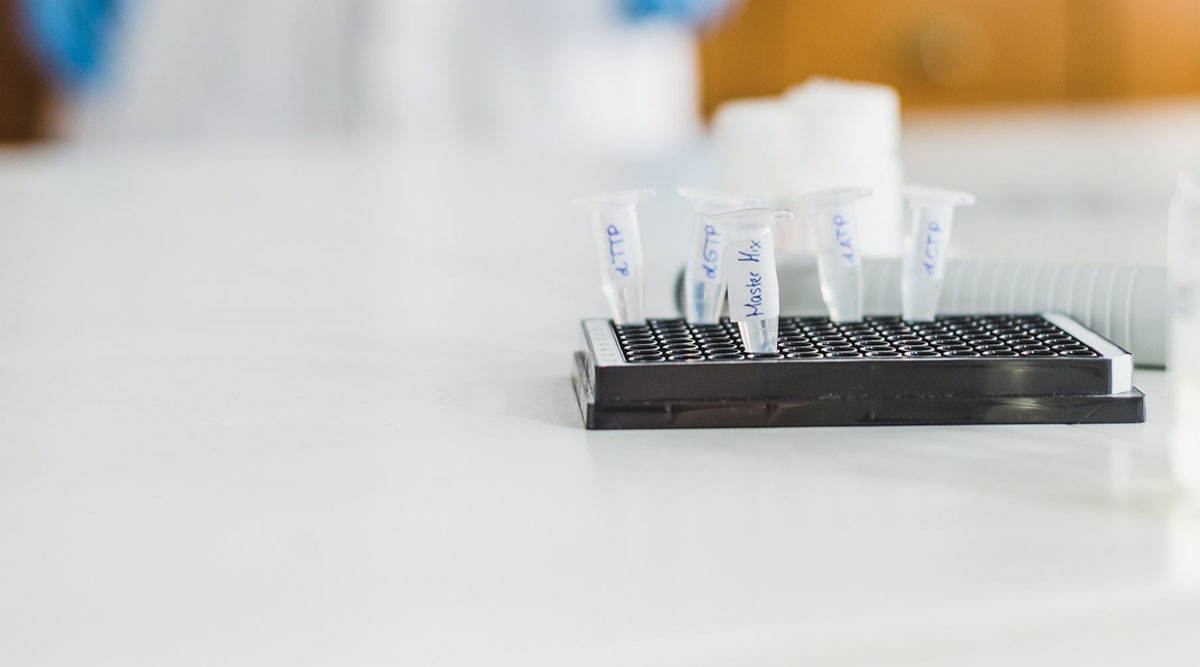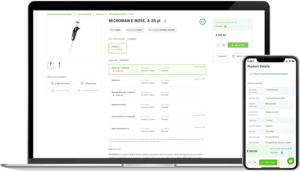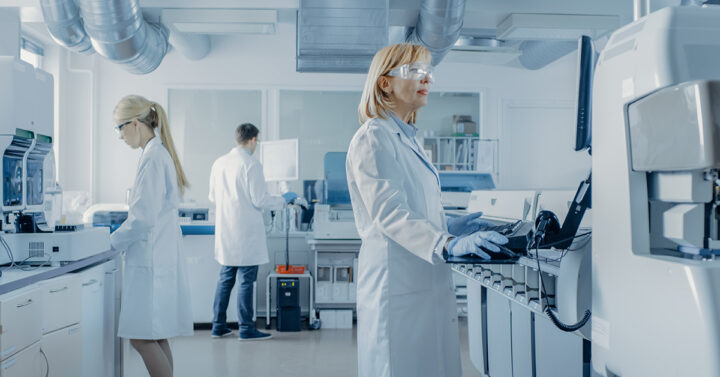PCR Reagents

Polymerase chain reaction (PCR) is a useful molecular biology technique developed by Kary Mullis in the 1980s. PCR is used to amplify a particular DNA sequence to produce millions of copies within hours.
Due to its powerful ability, PCR is applied in different areas such as; genetic and infectious disease identification, forensics, and research in molecular biology. In contrast to conventional PCR, quantitative reverse transcriptase PCR (qRT-PCR) allows the quantitative measurement of gene expression in real-time.
In general, a complete PCR reaction requires five basic PCR reagents; a DNA/RNA template, DNA polymerase, primers (forward and reverse), deoxynucleotide triphosphates (dNTPs) and PCR buffers.
PCR Templates
Selecting the right templates for PCR is vital, as different templates are required depending on the method of PCR. For instance, when performing RT-qPCR, RNA templates are required for producing complementary DNA whereas DNA templates are needed for conventional PCR. It is also important to have high quality DNA/RNA templates in large quantities to help optimize the efficiency of PCR. For this reason, a good PCR template preparation kit is needed for the first step of a successful PCR.
DNA Polymerase
All PCR reactions require a DNA polymerase that works under high temperature as the first phase of PCR involves the separation of DNA strands at ~90 °C. Taq polymerase, which is a heat-stable enzyme isolated from the thermophilic bacterium; Thermus aquaticus, is a commonly used DNA polymerase for PCR. It reduces non-specific amplification in the initial steps of PCR due to the fact that activation only occurs at such a high temperature.
Primers
The initiation of DNA synthesis requires primers; short strands of nucleotides (DNA or RNA) which are complementary to the template DNA and serve as a DNA synthesis starting point for the DNA/RNA polymerase. Annealing primers to single strand DNA requires lower temperature (50-65 °C) than the denaturation step. Once the annealing step is completed, hydrogen bonds will form between the primers and the template DNA.
Deoxynucleotide Triphosphates (dNTPs)
Deoxynucleotide triphosphates (dNTPs) are the essential components of PCR as they act as the building blocks of nucleic acids; DNA polymerase cannot synthesize DNA without a supply of dNTPs.
PCR Buffers
PCR buffers ensure that the PCR reaction is conducted under optimal conditions. The major components of PCR buffer include Tris-HCl, potassium chloride (KCl) and magnesium chloride (MgCl2). Tris-HCl and KCl are responsible for maintaining a stable pH during PCR, while magnesium ions act as cofactors for DNA polymerase to ensure proper DNA synthesis function. PCR buffer is usually available at 10X concentration.


